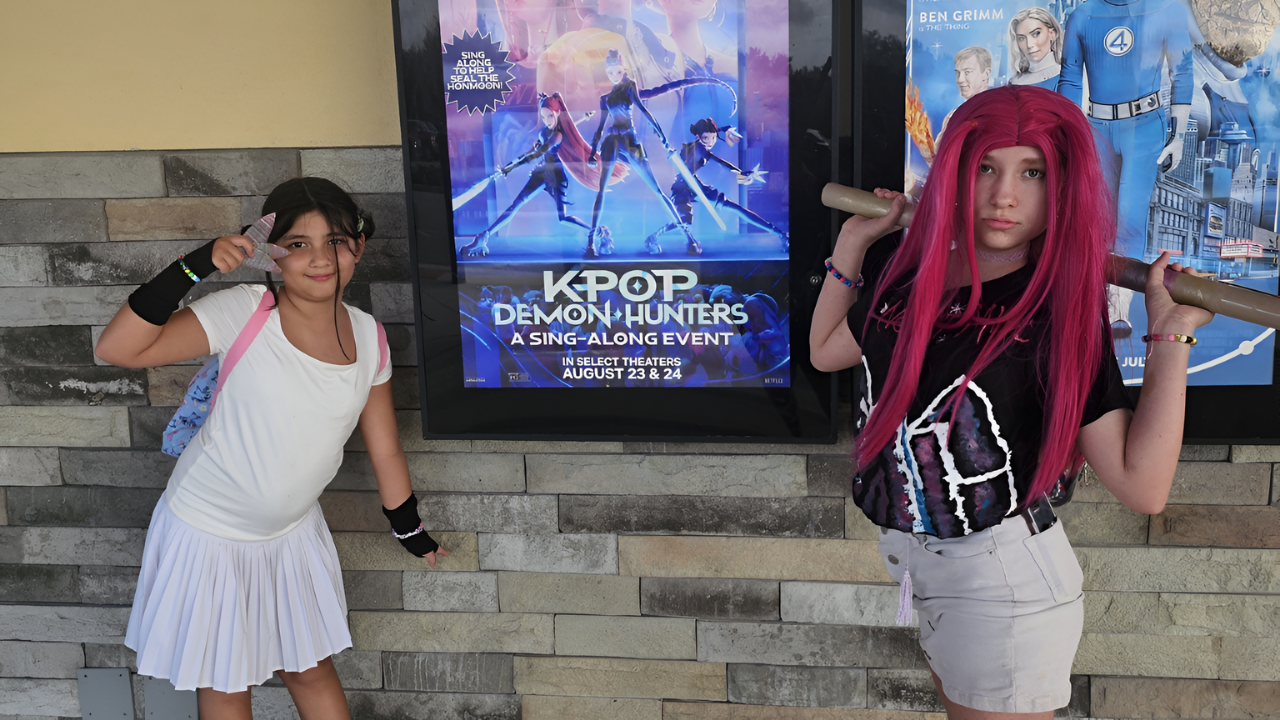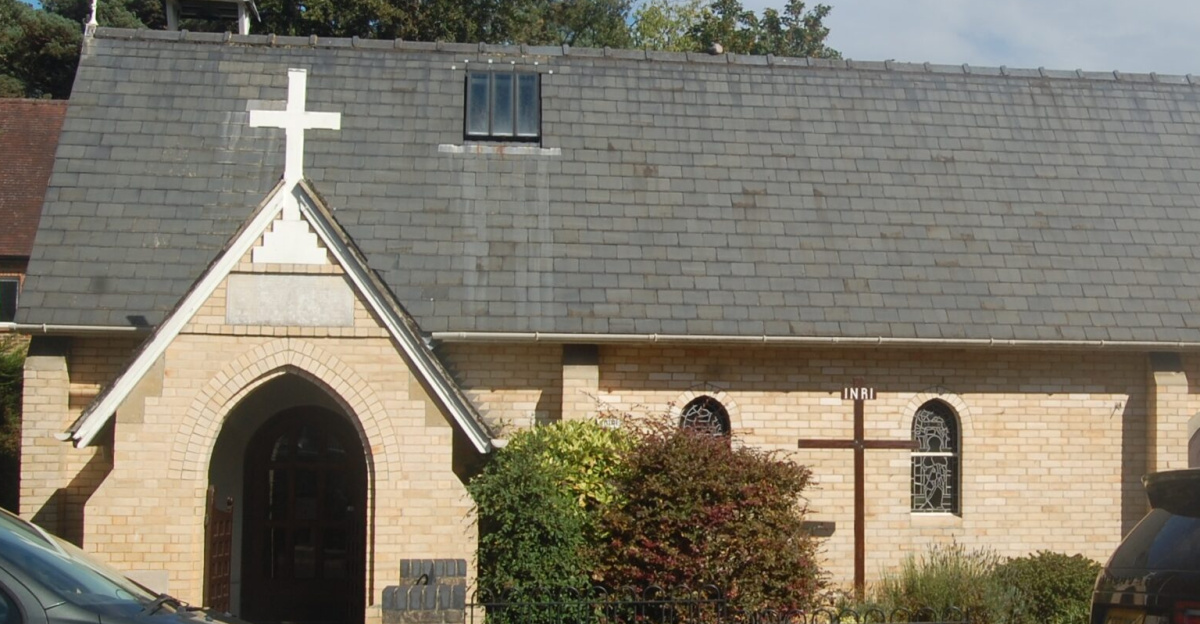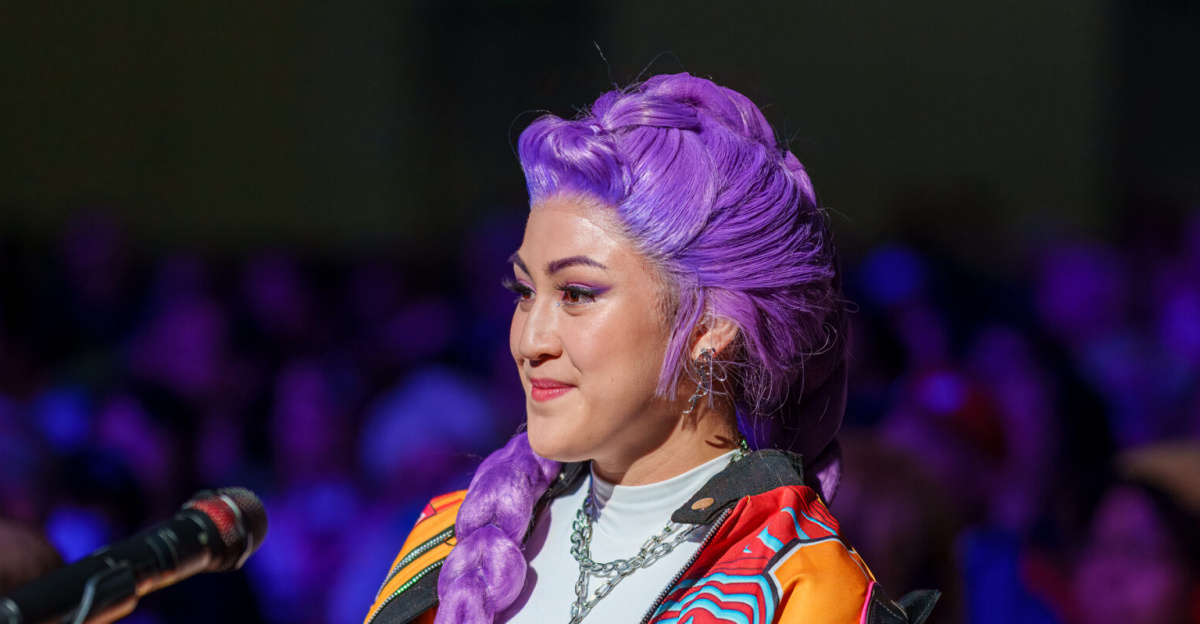
A popular animated film has ignited a debate over faith, media, and childhood in a small English school, highlighting the complex boundaries between religious values and pop culture in education. Its vibrant soundtrack and fantastical storyline have captivated young audiences, but also raised pointed questions for parents and educators.
The recent controversy centers on the extent of influence mainstream entertainment should have within traditionally religious learning environments. At the heart of the issue is a community grappling with balancing cherished beliefs and the ever-growing impact of global media trends.
As discussions unfold, the case has become a flashpoint for broader conversations about childhood, identity, and the limits of cultural inclusion in schools.
Faith and Pop Culture Collide

In November 2025, Lilliput Church of England Infant School in Poole, Dorset, banned students from singing songs from Netflix’s record-breaking film, KPop Demon Hunters.
The decision followed complaints from parents concerned about the film’s references to demons, which they felt clashed with the school’s Christian ethos. The ban, affecting the school’s students aged 4 to 7, immediately halted performances of songs like the chart-topping “Golden” at assemblies and after-school clubs.
This move highlights the ongoing tension that many faith-based schools face as mainstream entertainment becomes increasingly present in children’s lives.
A Global Phenomenon Meets Local Resistance

KPop Demon Hunters, released on Netflix in June 2025, quickly became the platform’s most-watched film. The story follows Huntr/x, a fictional K-pop girl group who battle supernatural forces. Its soundtrack, especially “Golden,” dominated the UK charts for ten weeks and earned five Grammy nominations for 2026.
The film’s popularity extended beyond streaming: it inspired a surge in tourism to Seoul, sold out Halloween costumes, and drove box office success for its sing-along theatrical release.
Yet, while the film’s reach is global, its supernatural themes have sparked discomfort among some parents at Lilliput, who argue that references to demons are inappropriate for young children in a Christian school setting.
Community Divided Over School’s Response

The school’s decision, announced by Acting Head Teacher Lloyd Allington, drew mixed reactions. Some parents supported the ban, emphasizing the importance of upholding Christian values in a faith-based environment.
Others criticized the move as excessive, noting that the film’s protagonists are demon hunters, not demon promoters. One parent described the ban as “ridiculous,” pointing out that many children find joy and confidence in the music.
School leaders, meanwhile, stressed their commitment to respecting all beliefs and helping students understand diverse perspectives. The ban applies to all school grounds and official activities. Still, many children continue to enjoy the songs at home or in non-school clubs, suggesting the restriction’s impact is limited to the classroom.
Broader Debate and Cultural Context
The controversy has sparked broader discussion online and in the media about the role of pop culture in faith-based education. Critics highlight the irony that the film’s narrative centers on fighting evil, not glorifying it.
Songwriters involved in the project have noted that some tracks, such as ‘Your Idol,’ depict the antagonists’ manipulation of fans through obsession. The debate echoes past moral panics over media, from rock music to fantasy games, and reflects a recurring struggle in British society over where to draw the line between creative freedom and religious tradition.
Generational divides are also apparent, with younger parents and students often more accepting of diverse content than some older community members.
Navigating Faith and Media in Schools

The Lilliput ban has set a precedent, raising questions about how other faith-based schools might respond to popular media that challenge traditional values.
Legal experts note that UK schools, especially those with religious affiliations, have broad discretion over extracurricular activities; however, future legal challenges could arise if bans are perceived as discriminatory.
As pop culture’s influence continues to grow, schools face increasing pressure to balance respect for diverse beliefs with the need to foster inclusive and creative environments.
The outcome of this debate will likely shape how educational institutions across the UK—and beyond—navigate the intersection of faith, media, and childhood in the years ahead.